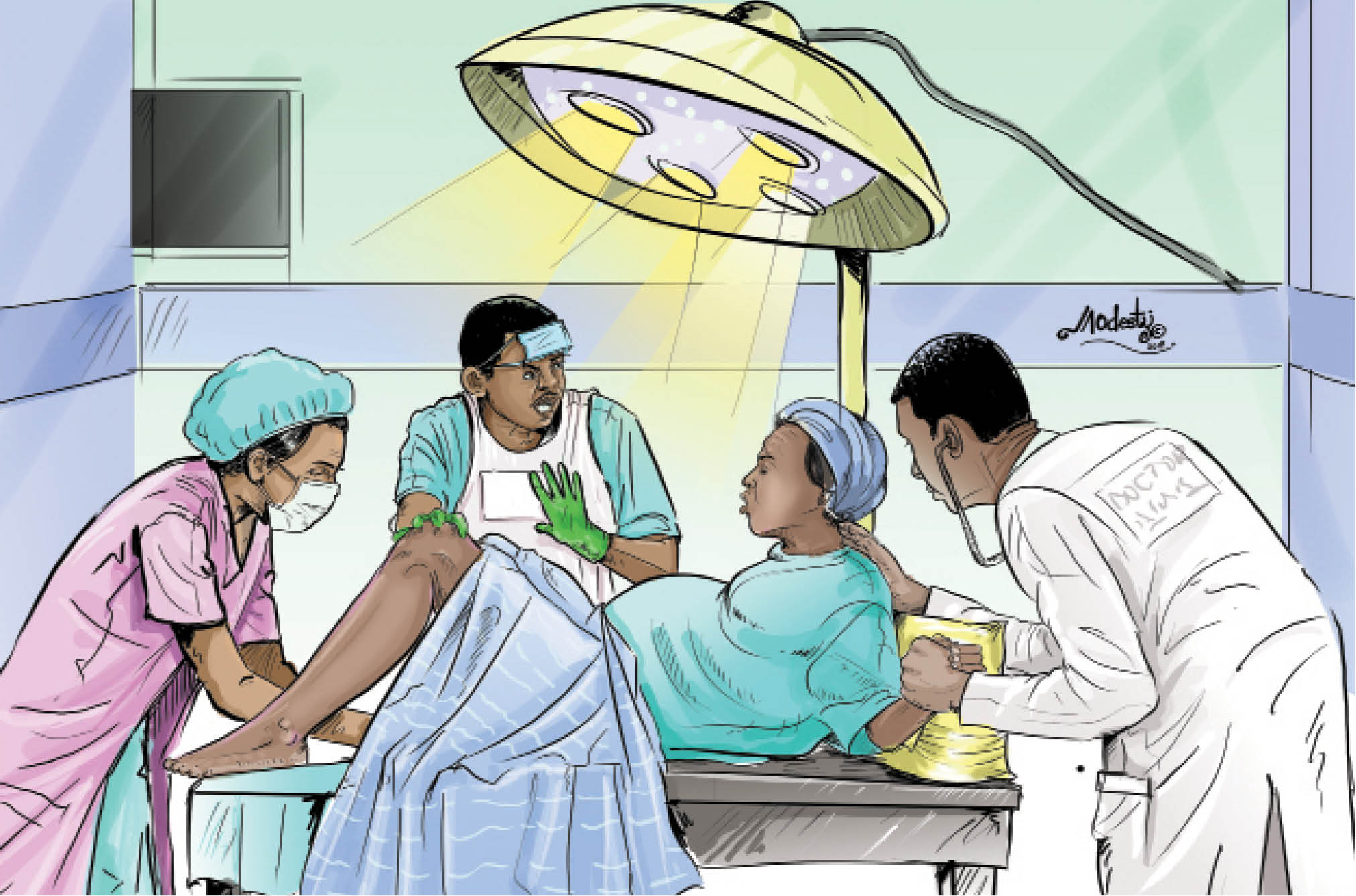I came to know Sadiku Maimuna, a 32-year-old woman facing challenges while expecting her third child, through our local organization, Sisters Caregivers Project Initiatives. Maimuna resides in Seigbe village, approximately 4km from Minna township in Niger State. She requires regular medication for hypertension during her pregnancy but finds it difficult to afford transportation costs to Minna for her antenatal appointments, as well as the expensive drugs. Consequently, she had discontinued attending antenatal services and planned to rely on local remedies and home birth. However, Maimuna’s pregnancy is high-risk, posing significant threats to her and her baby’s health.
She’s not alone. There has been a rise in reports of Nigerians seeking help from traditional healers due to the unaffordable prices of drugs. Recently, for instance, pregnant women in Lagos expressed their distress over the increasing expenses of medication and antenatal care. This rise is attributed to inflation and the departure of major pharmaceutical companies from Nigeria.
This is a clear example of how during crises, such as economic downturns or disasters, it’s often women and children who bear the brunt of the negative consequences.
Indeed, the current high cost of drugs in Nigeria may force many women to opt for home births, increasing the risk to maternal and infant health, an issue that is already a big problem here.
- Tinubu approves establishment of National Health Fellows programme
- Maternal health: How MSF provides fee deliveries, medication in Jigawa
According to a 2020 report by the World Health Organization (WHO), Nigeria ranks second globally in maternal, stillbirth, and neonatal deaths. Research indicates that maternal and child mortality remains a significant concern in Nigeria, largely due to the prevalence of home deliveries. Without prompt intervention, the current inflationary trends are likely to exacerbate maternal and infant morbidity and mortality rates.
Studies consistently show that facility-based deliveries contribute significantly to better maternal and child health outcomes. Socioeconomic factors play a crucial role in promoting institutional deliveries, highlighting the importance of reducing financial barriers to healthcare access for pregnant women.
It’s crucial for the Nigerian government to take action promptly to lessen the impact of rising inflation on maternal and child health outcomes, as they have done before. I commend the Nigerian government’s past efforts to improve maternal health outcomes. Initiatives such as the 2009 Midwives Service Scheme aimed to increase access to skilled birth attendants in rural areas, thereby promoting health facility deliveries and enhancing healthcare quality. Despite its challenges, the programme has had overall success of increase in the use of antenatal services
Between 2012 and 2015, the government also introduced a pilot conditional cash transfer program (CCT) as part of a special maternal and child health (MCH) intervention in 27 rural communities. While this programme encouraged some pregnant women to seek facility-based care, its impact was not sustained or replicated in other areas. The federal government has the opportunity to reassess and maintain such a programme for long-term sustainability.
The Federal Ministry of Health should also step in by establishing emergency relief funds to lower the cost of drugs used in maternal and child health facilities. Additionally, Nigerian businesses and non-governmental organizations (NGOs) should lend their support to the government’s initiatives aimed at enhancing the delivery of healthcare services.
Critics might argue that the Nigerian government already faces budgetary constraints, and allocating emergency relief funds might strain resources further, potentially leading to neglect in other critical sectors. While budget constraints are a valid concern, maternal and child health is a fundamental aspect of public health that demands immediate attention.
Investing in MCH services can yield long-term benefits by reducing healthcare costs associated with complications from home births and improving overall public health indicators. While emergency relief funds offer immediate relief, they should be part of a comprehensive strategy to address long-term systemic challenges.
Establishing emergency relief funds to subsidize essential drugs and garnering support from corporate bodies and NGOs are vital steps toward mitigating the impact of inflation on maternal and infant health, ensuring equitable access to quality healthcare nationwide.
Dr Tijani Salami, Aspen Institute New Voices Senior Fellow

 Join Daily Trust WhatsApp Community For Quick Access To News and Happenings Around You.
Join Daily Trust WhatsApp Community For Quick Access To News and Happenings Around You.

